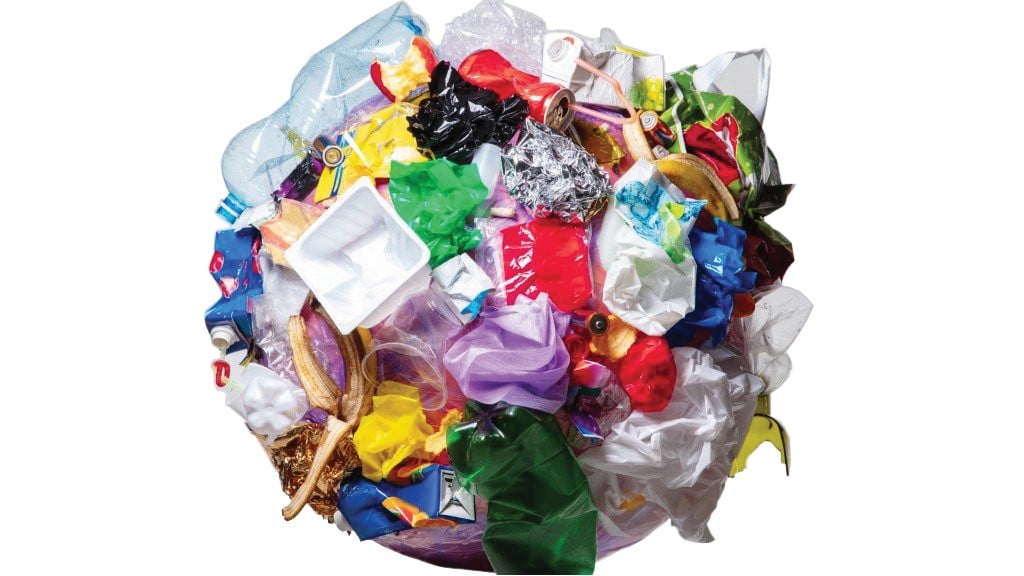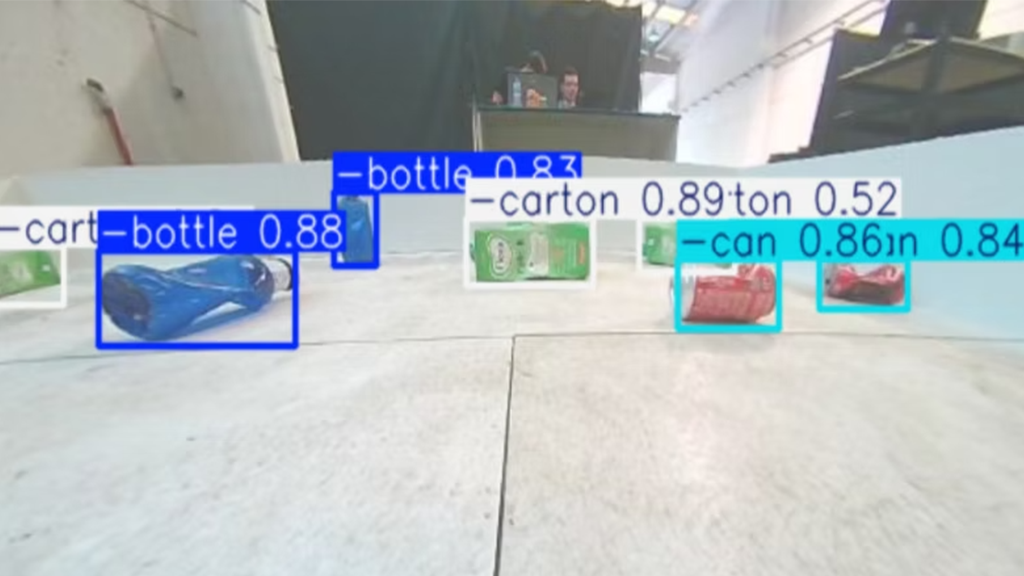Zero plastic waste by 2030 strategy aims to increase Canadian capacity for reuse and recovery
Newly announced plan to support innovation in plastics recycling from coast to coast

Federal Minister of Environment and Climate Change, Jonathan Wilkinson, recently announced the next steps in the Government of Canada's plan to achieve zero plastic waste by 2030. Under the Canada-wide Strategy on Zero Plastic Waste, the federal government is collaborating with provinces, territories and municipalities, through the Canadian Council of Ministers of the Environment, to strengthen existing programs for plastics recycling and increase national capacity to reuse and recover more used plastics. All federal, provincial and territorial governments have now agreed to the strategy, which lays out a vision for a circular economy for plastics, as well as a two-phase action plan that is being jointly implemented.
This will include collaboration on developing pan-Canadian targets to ensure rules are consistent and transparent across the country, and make producers and sellers of plastic products responsible for collecting them.
A key part of the plan is a ban on harmful single-use plastic items where there is evidence that waste from these items is being found in the environment, where they are often not recycled and where there are readily available alternatives. Based on those criteria, initial items proposed for the ban include plastic checkout bags, straws, stir sticks, six-pack rings, cutlery and food ware made from hard-to-recycle plastics.
"Canadians see the effects of plastic pollution in their communities and waterways and they expect the Government to take action," commented Wilkinson. "Our Government is introducing a comprehensive plan to get to zero plastic waste.
"Our plan embraces the transition toward a circular economy, recycled-content standards and targets for recycling rates. We also intend to ban plastic bags, straws, stir sticks, six-pack rings, cutlery, and hard-to-recycle takeout containers. These items are harmful to our environment and their value is lost from the economy when they are tossed in the trash. This proposed ban will help drive innovation across the country as new and easier to recycle items take their place in our economy."
A second key element of the Zero Plastic Waste Initiative is a commitment to invest of over $2 million into 14 Canadian-led plastic reduction initiatives. These projects are led by communities, organizations and institutions, and will promote the development of new and innovative solutions to prevent, capture and remove plastic pollution from the environment and support a circular economy.
Following are summaries of some of the notable regional projects supported by the Zero Plastic Waste Initiative, currently underway across Canada.
Atlantic Provinces
The Minister of Fisheries, Oceans and the Canadian Coast Guard, Bernadette Jordan, announced Canada's investment of over $270,000 to support four new projects in Nova Scotia and Newfoundland and Labrador through the Zero Plastic Waste Initiative.
This funding will support the development of new innovative solutions that prevent, capture and remove plastic pollution and inform sustainable consumer actions. The organizations receiving funding include: the Cape Breton Atlantic Coastal Action Program which will explore environmentally responsible and cost-effective alternatives for local food packaging; and the International Fund for Animal Welfare Inc. which will develop best practices and remove marine plastic litter in Newfoundland harbours.
Quebec
Peter Schiefke, Parliamentary Secretary to the Minister of Environment and Climate Change, has announced federal investment of $205,000 to support Nature-Action Québec Inc.'s plastic pollution reduction project. The project will reduce plastic pollution by installing waste capture nets at municipal sewer outlets to catch litter before it enters the water, and it will raise community awareness about plastic pollution.
Ontario
The Minister of International Development, Karina Gould, has announced investment of $555,000 to support three new projects in Ontario. This funding will support the development of new innovative solutions that prevent, capture and remove plastic pollution, and inform sustainable consumer actions. The organizations receiving funding include Carleton University, which will identify and pilot solutions to detect and remove microplastics from wastewater systems, and Georgian Bay Forever, which will trial innovative technologies to capture plastics from entering the water from various point sources and expand general awareness of plastic pollution. Additionally, the University of Windsor will evaluate sustainable mechanisms to remove microplastics from biosolids and promote the uptake of effective methods with key stakeholders.
The Prairies
The Parliamentary Secretary to the Minister of Environment and Climate Change (Canada Water Agency), Terry Duguid, has announced federal investment of $330,000 to support multiple new projects in the Prairies. Organizations receiving funding include Nativus Energy, which will work with the Lake St. Martin First Nation community to determine community specific strategies for increased collection and diversion of plastic waste, and Wicehtowak Limnos Consulting Services, which will develop a plastic waste management program in conjunction with the George Gordon First Nation. Plus, the Alberta Plastics Recycling Association is being supported in their project to gather data about the amount and types of plastic pollution created from industries and municipalities in the Edmonton Capital Region, to help support waste reduction strategies going forward.
British Columbia
In B.C., several new projects funded by the Zero Plastic Waste Initiative are recently underway. The University of British Columbia has received $80,000 in funding for a study using behavioural intervention to nudge consumers to reduce single-use produce bags at grocery stores. A project undertaken by Ocean Diagnostics Inc. has been funded $184,000, and involves the development of technology and sampling protocols for the quantification and characterization of marine microplastics in nearshore surface waters and marine systems.
Yukon
Raven Recycling Society, based in Whitehorse, has been funded $185,000for a project focused on the prevention and removal of plastic pollution at their local recycling facility, to reduce the leakage of plastic waste into the environment and increase the overall recovered value of recyclables.
This article was adapted from a news release, and originally appeared as is in the October 2020 edition of Recycling Product News, Volume 28, Number7.


